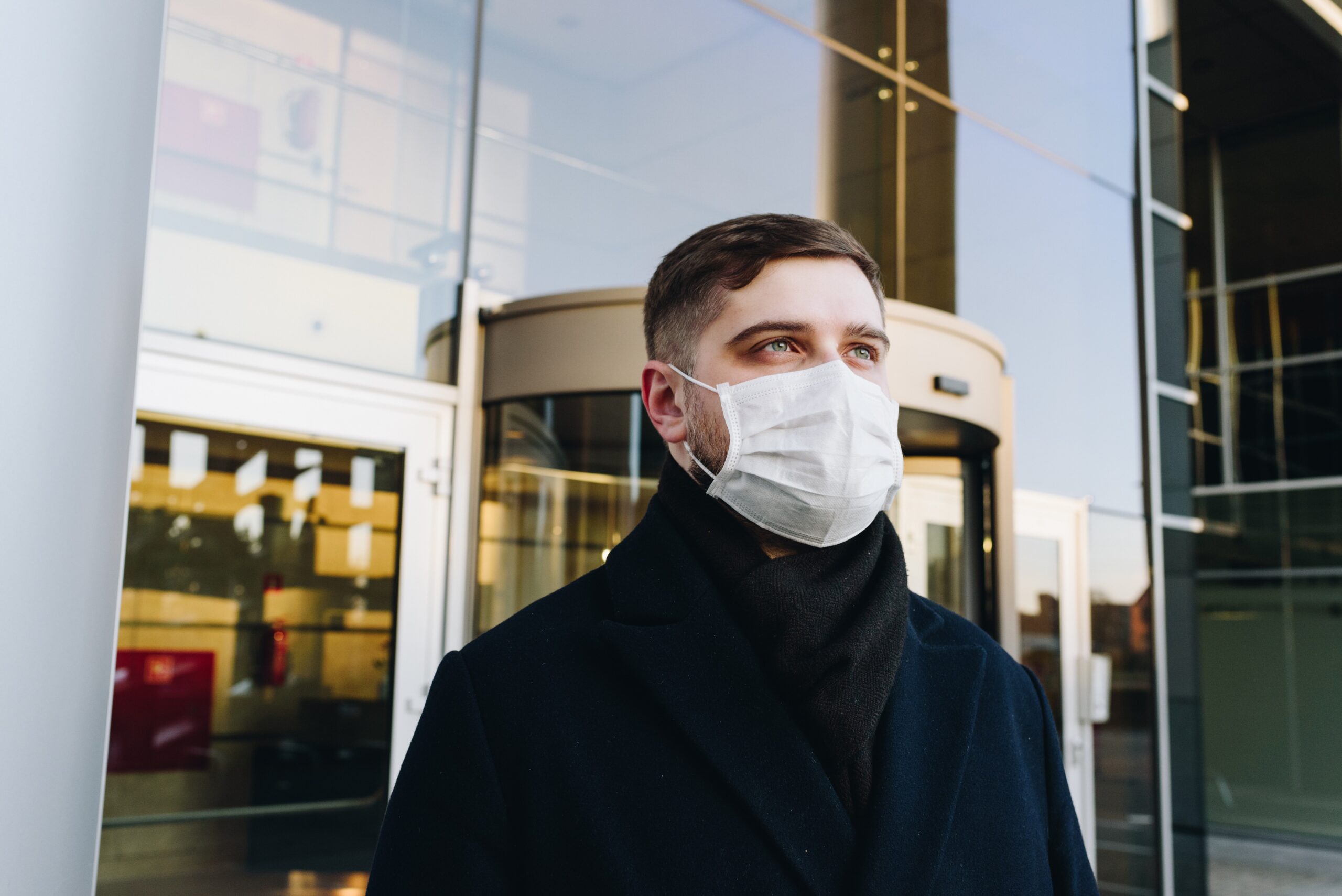Information for Contending with Coronavirus (COVID-19) in the Workplace

The number of reported cases of COVID-19 continues to rise. Faced with the spread of the COVID-19, employers must address the impact of COVID-19 in the workplace. The focus should be on workplace safety. However, employers need to balance the need for a safe workplace within the context of existing laws to avoid legal pitfalls.
As a preliminary matter, employers need to become familiar with the symptoms of COVID-19, which typically include fever, cough and shortness of breath and generally appear 2-14 days after exposure. Preventative measures against COVID-19 can be found at the websites of the World Health Organization (WHO) and the Centers for Disease Control (CDC). Employers should implement the public health guidelines provided by these organizations as part of a response plan to COVID-19. By way of example, the CDC recommends that because healthcare providers may be overwhelmed at the present time, employers should not require sick employees with acute respiratory illness symptoms such as shortness of breath or coughing to validate their illness.
Employers should encourage an employee who has been exposed to COVID-19 to arrange a visit with a medical provider and should allow the employee to work from home to minimize exposure to other employees and promote business continuity. A review of a company’s sick leave policy should be undertaken to ensure that it addresses the impact of COVID-19, including the circumstances under which an employee will be paid while ill with the COVID-19, bearing in mind the need to conform to applicable company policy and laws. Employees can be encouraged to use sick leave and/or vacation time when recovering from the Coronavirus.
Employers may want to restrict travel by employees to areas where COVID-19 is widespread. Most employers within the United States are under the jurisdiction of the Occupational Safety and Health Act of 1970 (OSHA). The OSHA General Duty Clause, Section 5(a)(1) requires that an employer furnish to each of its employees a workplace that is free from recognized hazards that are causing or likely to cause death or serious physical harm.
Also take into consideration that an employee who is resistant to travel to an area where COVID-19 is widespread for fear of exposure to COVID-19, could file a complaint with OSHA alleging that his/her employer is unnecessarily exposing the employee to an unsafe working environment. OSHA prohibits retaliation against an employee who expresses concern regarding workplace safety. The better course of action would be to refrain from insisting that an employee travel when an employee expresses concern for increased exposure to COVID-19.
OSHA’s recordkeeping requirements mandate that covered employers record certain work-related injuries and illnesses on OSHA Log 300. If an employee is infected at work with COVID-19, this is a mandatory reporting event under OSHA.
The Americans with Disabilities Act (ADA) regulates disability-related medical examinations or medical inquiries of employees. As a general matter, a disability-related medical examination or inquiry must be related to a business necessity and consistent with job-related activities. In the absence of directives from the CDC or a local health department, subjecting employees to e.g. symptom screening such as taking temperature, in the absence of other justification likely violates the ADA. For any employee at increased risk for acquiring COVID-19 such as an elderly person, the employer may have the legal obligation to make reasonable accommodation.
Moreover, confidentiality of employees with confirmed COVID-19 must be maintained. However, if an employee has been diagnosed with COVID-19, the employer should advise fellow employees of their possible exposure to COVID-19 without revealing the identity of an infected employee.
Unpaid leave pursuant to the Family and Medical Leave Act (FMLA), or related state and local laws may come into play when e.g. an employee experiences a serious illness due to COVID-19 or, alternatively, needs time away from work to attend to a sick family member who has acquired the Coronavirus. However, an employee is not entitled to take leave under the FMLA as prophylactic measure to stay home to avoid potential exposure to COVID-19 in the workplace.
As COVID-19 continues to spread, employers should implement protocols to address COVID-19, keep employees informed of efforts to protect employees, and meet their legal obligations to employees while staying abreast of developments though periodic visits to websites of WHO, the CDC, and the Department of Labor.
This article is a publication of MWH Law Group LLP and is intended to provide general information regarding legal issues and developments to our clients and other friends. It should not be construed as legal advice or a legal opinion on any specific facts or situations. For further information on your own situation, we encourage you to contact the author of the article or any other member of the firm.
© MWH Law Group LLP 2020. All rights reserved.
CONTACT ATTORNEY VINCENT J. VIGIL

Vincent J. Vigil
Partner, Chicago
150 N. Michigan Ave., Suite 2800, Chicago, IL 60601
P: (312) 734-1457 / F: (414) 436-0354
E: vincent.vigil@mwhlawgroup.com
Download Attorney Biography

